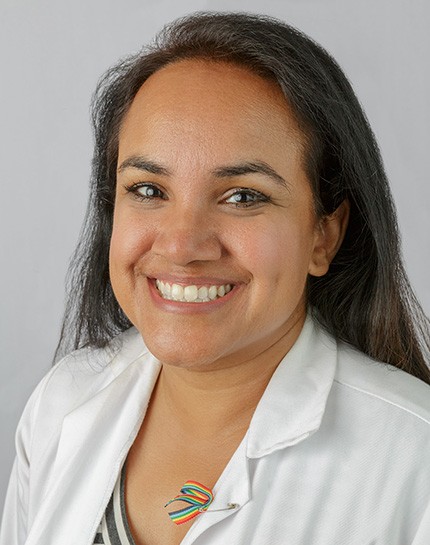Seed Grant Award: Using Narrative Ethics to Explore Racial Disparities in Healthcare
Joyeeta Dastidar, Medicine

Narrative medicine is the practice of using literary, visual and auditory works of art as a means to explore the stories of illness. A narrative medicine workshop typically centers around a group exploration of a given work of art, leading to a writing prompt followed by a sharing of what each individual has created. It is this latter step that fosters a sense of community and allows the participants to understand where their colleagues are coming from.
The core principles of clinical ethics are autonomy, beneficence, non-maleficence (do no harm) and distributive justice. Distributive justice in healthcare is the idea that resources should be spread evenly to maximize the greatest good in healthcare outcomes. In clinical ethics, the principle of distributive justice is rarely addressed. However, as we look to narrowing and ultimately eliminating the wide gap in outcomes between white and minority populations, it is apparent that clinical ethicists and society as a whole need to embrace the principle of distributive justice.
Melding the practices of narrative medicine and clinical ethics (two areas I have additional post-graduate training in) is the field of narrative ethics, or using the stories of patients in order to foster compassion and empathy to explore the ideas of justness and fairness in our society, particularly from the perspective of those who’ve received the “short end of the stick.”
Narrative ethics workshops would use a work of art or literary text as springboard for discussing matters of healthcare disparities in medicine. The hope is that during stressful times dealing with COVID-19 and racial inequities in medicine (with considerable overlap between the two), we can build upon the heightened awareness of how far we are from where we need to go by taking a deeper dive into the ideas of white privilege, systemic oppression of minorities - especially African Americans - with the ultimate goal of being more cognizant of these biases so that healthcare professionals can counteract them head on. In bringing these issues to the forefront of our minds in a creative and collaborative manner, another goal is for the narrative ethics workshops to help reduce burnout among medical students.
The program is highly interdisciplinary, drawing on knowledge from the fields of narrative medicine, clinical ethics and medicine. Applying qualitative research methods to data collected from participant surveys at the beginning and end of the academic program could help assess the efficacy of the workshop in accomplishing its goals in addition to highlighting areas for improvement.
This project was funded through the Addressing Racism: A Call to Action for Higher Education initiative of the Office of the Vice Provost for Faculty Advancement.